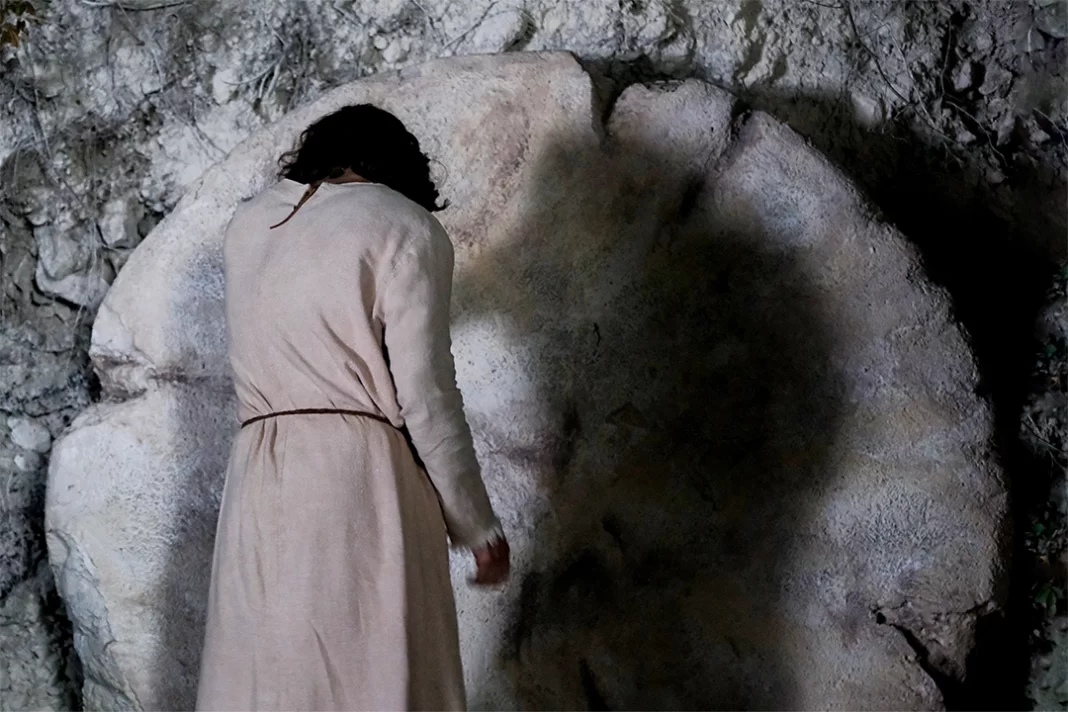When Norwood Primary School in Eastleigh, Hampshire decided to cancel its annual Easter Bonnet Parade and Easter Service, it did so under the banner of “inclusivity” and “respect for diversity.” At first glance, this may seem noble. But dig deeper, and you’ll find that this is not a harmless administrative adjustment. It’s part of a wider trend, felt in the UK, the US, and beyond, one that continues to unhook societies from their spiritual foundations quietly, and in doing so, sever their ties to hope, meaning, and identity.
This isn’t just about one school. Across the Western world, Easter and Christmas are being watered down or removed from public life out of fear they may offend those who don’t practice Christianity. In the United States, “Merry Christmas” has become controversial, nativity plays are pulled from schools, and prayer is banned in the classroom. In Canada and Europe, Christian holidays are increasingly rebranded in generic terms – “Winter Festival,” “Spring Celebration,” and so on. The result isn’t inclusivity. It’s cultural amnesia.
Let’s be clear: Easter is not just a religious event. It is an anchor. It’s a story of suffering that leads to hope, of death overcome by life. It is a moment that reminds us that darkness doesn’t win (not forever). Whether one believes in the resurrection of Jesus or not, the Easter narrative speaks to something deeply human: the need to believe that broken things can be restored.
To remove that from schools is to say, “We can no longer tell our children stories of triumph over despair because someone might feel left out.” But no one has to be excluded to let the truth breathe. True inclusivity is not the elimination of difference – it is the coexistence of conviction with respect.
What’s happening now is not coexistence. It’s replacement. A deeply rooted cultural rhythm – shaped by centuries of Christian tradition, echoed through literature, law, and moral teaching – is being scrubbed away and replaced with… nothing. Vague values. Soft slogans.
“Be kind.” “Be yourself.” With no higher reference point, no grounding.
And we are already seeing the cost. Children and youth face rising levels of depression and anxiety. Communities are more fragmented than ever. Moral confusion reigns. A society without memory becomes a society without direction.
Just last night, I was watching Rise of the Guardians, an animated film where Santa, the Easter Bunny, the Tooth Fairy, and others unite to protect the innocence of children from a force that wants to erase belief altogether. It struck me how articulate the film was in expressing something we often forget: these traditions (Easter included) are not just cultural decorations. They reflect something spiritual, something tender and powerful that speaks to our human need for wonder, hope, and belonging. It’s not just human nature – it’s a Spirit, one that is kind, loving, and timeless. And it’s worth protecting.
In places like Samoa and New Zealand, Easter remains a deeply honoured occasion – not just within churches, but across communities. Families gather, schools still acknowledge its meaning, and the story of resurrection is not something to tiptoe around. It is remembered, shared, and celebrated. That kind of grounding matters. It reminds us that even as the West forgets its traditions, some places still know how to keep the flame burning.
This isn’t about imposing faith. It’s about protecting space for it. It’s about ensuring that the light that carried generations through war, disaster, famine, and exile (the light of Easter) isn’t switched off in the name of sensitivity. Because once that light goes out, what replaces it? What does a child cling to when life gets hard, if we’ve taken away the very story that tells them suffering can be redeemed?
There is a growing need to resist this erasure. Not with anger, but with clarity. Not with force, but with conviction. Let’s speak up when schools drop Easter. Let’s celebrate it more visibly in our homes, churches, and communities. Let’s remind a generation that hope has a name – and it isn’t inclusion, tolerance, or seasonal neutrality.
The future isn’t won by those who complain loudest. It’s won by those who plant something solid and let it grow. So let’s plant Easter. Let’s teach our children not just how to be kind, but why kindness even matters. Let’s teach them that love isn’t just a feeling – it’s a cross, a tomb, and an empty garden.
In a world increasingly unsure of what it stands for, Easter is still worth standing up for. Let’s keep the light on.





